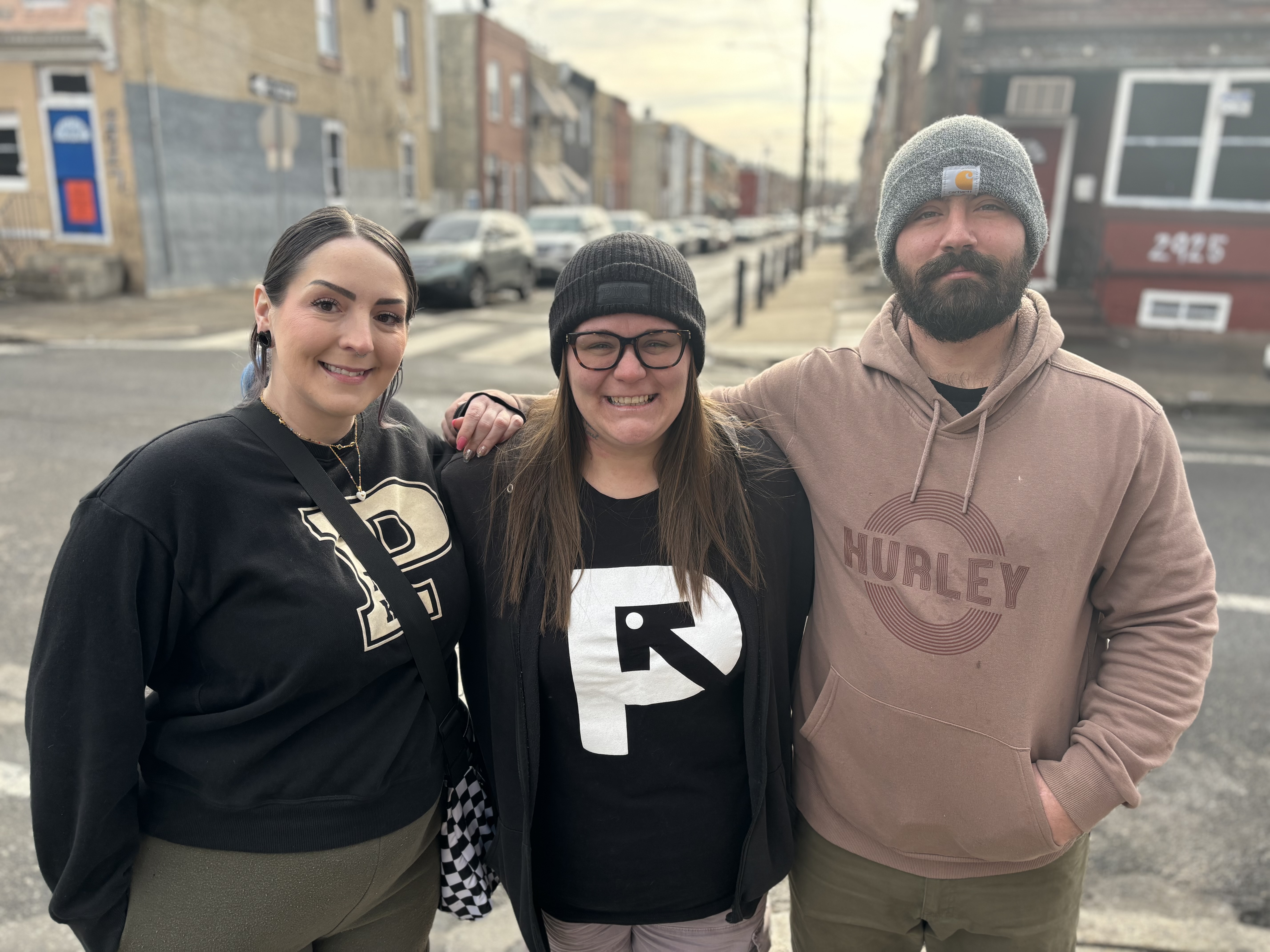
Danielle and John grew up in the same neighborhood, went to the same high school, and developed substance use disorder in their late teens, but the pair didn’t become a couple until reconnecting about 10 years later. However, it wasn’t their shared dependency on heroin that kept them together.
“When you’re using, you’re very isolated and you don’t want to talk to anybody,” John says. “Being able to find somebody you want to talk to isn’t really the norm.”
Danielle had begun taking Percocet, then Oxycontin, to ease her social anxiety and depression “and then ended up on heroin,” the now 37-year-old says. John, now 38, starting using Percocet to be social while in high school, then increased his usage while juggling work with post-secondary studies. “I started taking Percs to say awake,” he says. “Then Percs got really expensive and that’s where heroin came in. Rather than $30 a pill, it was $10 a bag.”
The pair were evicted from multiple apartments when their landlords learned about their substance use and at one point they lived in a tent in a wooded park. During the pandemic, the pair saved government relief money to stay at a short-term hotel, then to buy a truck that they parked under a bridge and made their home.
“We talked about wanting to get clean together, that was a thing we actually wanted to try and accomplish together, but it took us about 10 years to actually do it,” John says.
"A lot of people fall out of your life when you do this kind of thing and Nicky was there for us; she’s more than a case manager."
Both were in and out of jail for misdemeanor crimes. Each time, they’d leave thinking they would stop using.
After a stint in jail of about two years, both decided they’d had enough. John moved into a halfway house to start breaking the hold substances had on him. Danielle moved in with an aunt who helped her connect with Prevention Point Philadelphia (PPP). She began getting Sublocade injections there to ease her dependency and start her recovery. Soon, John, too, was using PPP’s services and the pair were sharing a case manager who supported them as a couple, unlike other people in their lives, Danielle says, noting “Nobody wanted us to be together. Everybody said we’d be failures and drug addicts.”
Instead, the pair supported and strengthened each other. They had support from doctors in PPP’s Medication for Opioid Use Disorder (MOUD) clinic and their case manager, Nicky.
The doctors “were really amazing because I had more mental side effects than he did,” Danielle says. One doctor in particular “was amazing. He really worked with me and (helped me) when I felt frantic and stuff… They were such great people who pushed you to do better and were there for you.”
Their case manager “is one of the best people,” Danielle adds. “A lot of people fall out of your life when you do this kind of thing and Nicky was there for us; she’s more than a case manager.”
“She was a friend,” adds John.

Today the pair are living in Cheltenham. John is a talented builder and contractor, and his boss offered the couple a place to live while he works on the property. With Nicky's help, “we’re trying to get all of our criminal history cleared,” Danielle says. “We’re paying off all of our fines,” about $20,000 in total. Nicky is assisting with that, staying in close touch, checking in, and helping them get mail.
It’s hard work, but surprisingly easier than their old lives when “you think everybody hates you. When people can’t give you money or distance themselves from you, you always pity yourself and feel like they’re doing something to you, but it’s really what you’re doing to yourself,” Danielle says.
John has reestablished his relationship with his college-aged son and is helping his mother as she deals with different health issues. He’s also working to open his own business, taking the necessary steps with the IRS and assembling a tool collection so he never has to sell drugs again. His boss is helping him build a clientele.
“We’ve been very fortunate,” John says. At the end of the work day, “I’m happy to walk in and see her, laying in bed and watching TV on the Internet we’re paying for. All we had down here were worries.”